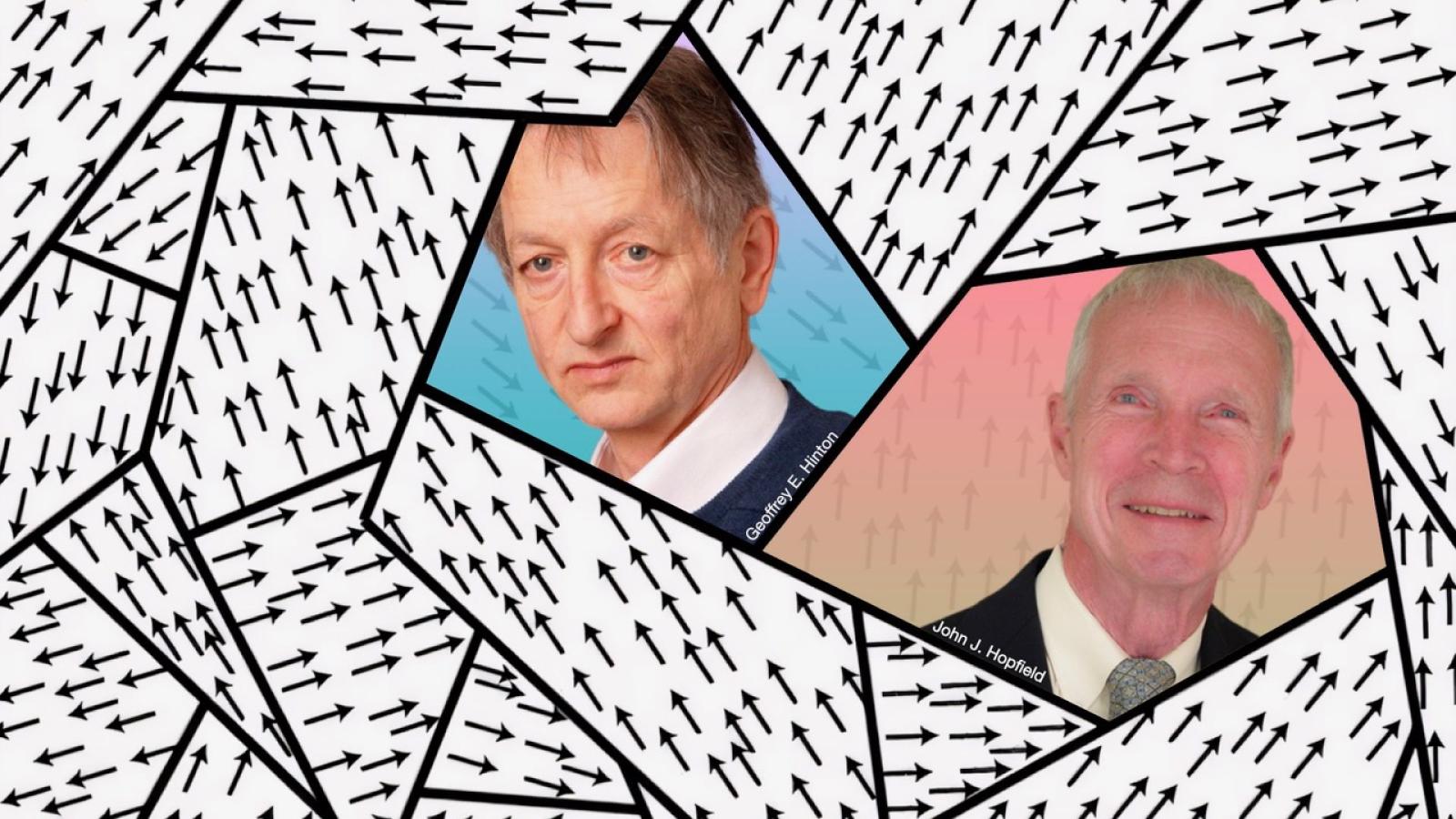Chemistry By Design is an interactive virtual flashcard that allows everyone to test their skills using known synthetic sequences. The goal is to display the reagents, starting materials and products for every single step used in constructing a natural product or pharmaceutical.
To better serve the community everyone is called to submit a synthetic sequence not yet included in the app. The app is available online or for iOs and Android devices.
Chemistry By Design is created by Professor Jon T. Njardarson (Department of Chemistry and Biochemistry, University of Arizona).
Furthermore about Chemistry, Marie Curie Actions sometime ago presented a funny video: "Chemicals having a party".
[video:http://www.youtube.com/watch?v=HDw4gk5pYl8]
Preview of the app:







